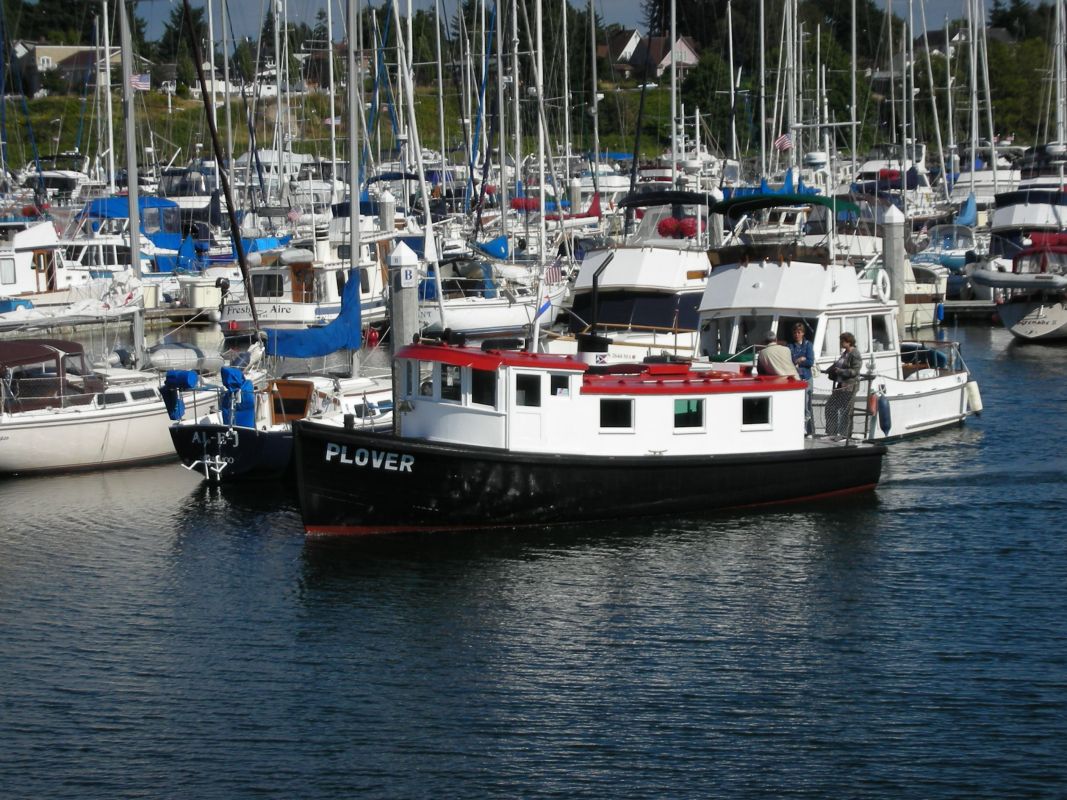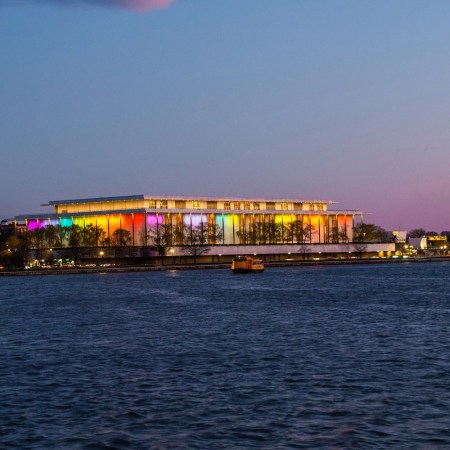What happens to a town whose economy centers around a border when that border is closed? The residents of Blaine, Washington are learning that firsthand in the most harrowing of ways. Blaine is located on the border of Washington and British Columbia, which is to say that it’s on the border between the United States and Canada. That border has been closed to nonessential travel since March 21. The pandemic has devastated local economies in numerous ways, but the effects felt by border towns are particularly striking.
Writing at The New York Times, Rachel Abrams explored the current state of Blaine and the circumstances that led to this point. At one point, Blaine was a destination for residents of British Columbia to do their shopping; that’s logistically impossible right now. In June of 2019, Abrams reports, 479,600 crossed into the US from British Columbia. For the same period in 2020, that number had dropped to 12,600.
The picture painted in Abrams’s article is one that illustrates the precarity of many local economies. The same elements that helped Blaine find success worked against it when the pandemic began. That included a number of businesses catering to Canadians who had online orders shipped to Blaine to save on postage and taxes. That became a small industry within the town:
Today, Blaine has dozens of businesses handling packages from online commerce. Other businesses followed — including the Starbucks next to Mr. Hill’s gas station, which opened in 2018, and a hemp clothing store called Rawganique. A grocery store was set to move in soon.
For now, the business owners and residents of Blaine are pondering their own futures — and thinking about what their next steps might be.
Subscribe here for our free daily newsletter.
Thanks for reading InsideHook. Sign up for our daily newsletter and be in the know.


















